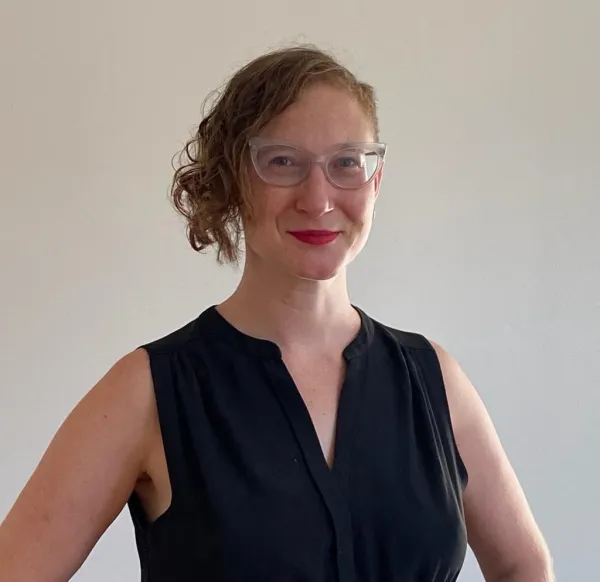Germany

Valeria Vegh Weis
Valeria Vegh Weis, LL.M (NYU), PhD. (UBA), is a Research Fellow at the Zukunftskolleg of the University of Konstanz, where she studies the role of human rights and victims' organisations in addressing massive human rights violations. She is also an Associate Professor at the Universidad Madres de Plaza de Mayo and Adjunct Professor at the Universidad Nacional de Quilmes and the University of Buenos Aires in Argentina. She has held prestigious fellowships, including the Alexander von Humboldt, Fulbright and Global Hauser, and has won international awards, including the Choice Award and the Outstanding Book Award, and the American Society of Criminology’ Critical Criminologist of the Year (2021).
Dictatorships, civil conflicts, and wars are periods of systematic human rights violations. In these circumstances, states might enhance existing political inequality deliberately, e.g. via the persecution of certain groups, or omission, i.e. not intervening in a civil conflict between factions. The question is which actor shall confront the ongoing crimes and enforce human rights. Until now, states and international organizations have been regarded as entities to be relied upon to address state crimes. This widespread norm responds to the fact that these processes are framed by international law, which regulates states and international institutions. However, is it not utopian to expect the state - the same structure that allows inequality to occur either by commission or omission - to lead a transformative, comprehensive, and sustainable process to overturn it? On the other hand, international organizations (e.g. UN, international tribunals) typically have a role to play in transitional justice processes, but they are bureaucratic and technocratic bodies constrained by institutional regulations that are not aligned with the goal of realizing fundamental societal transformation.
The key hypothesis in the present outline is that the degree of transitional justice achievements toward political equality (dependent variable) is directly related to the degree of victims' involvement (independent variable). To develop this proposal and test these categories, the research investigates three case studies where transitions after state crimes took place: Germany, Argentina, and Kenya.
Criminology; Transitional Justice; Human rights; State crimes; International criminal law
